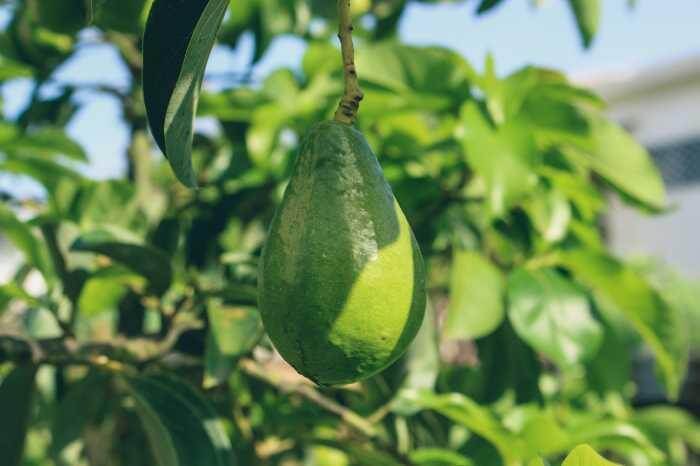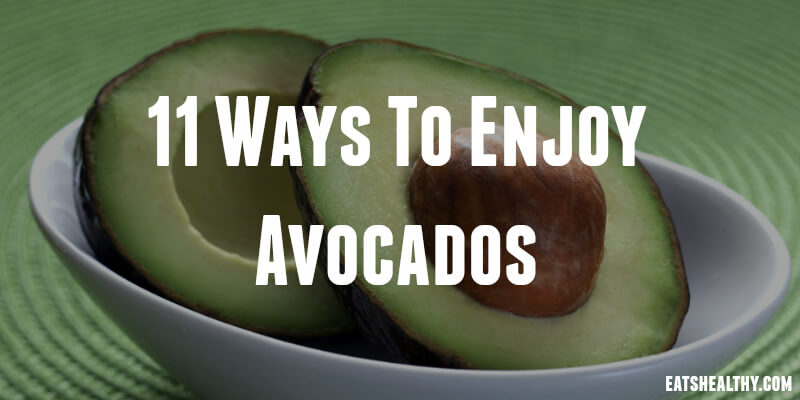There is a wealth of information accessible about olive oil vs avocado oil. Both have their own unique benefits and hardly any drawbacks. Both oils are plant-based, are high in good fats, and low in bad fats. So it can be tough to decide which one is the best for you. In this post, we will compare the two oils head-to-head and help you effectively decide which one is right for you.
1. Origins and variations

Avocado oil is made by pressing the pulp of avocado fruit (delicious in its own right!) to extract the healthy oil. This process can be done manually or with a machine. There are a few different variations of avocado oil available on the market, depending on the extraction method used. The two most common types are virgin and refined avocado oil.
Virgin avocado oil is cold-pressed from the flesh of fresh avocados without any chemicals or solvents. Refined avocado oil is made using a milder extraction process that results in a lighter color and flavor. Avocado oil can be used in salads, sauces, and other recipes. It can also be a healthy alternative to other oils in your beauty routine.
Olive oil is popular in Mediterranean dishes and diets. It is made by crushing olives and extracting the liquid fat. The quality of the oil depends on the type of olive and the extraction methods used. There are three primary olive oil forms: extra virgin, virgin, and refined. Extra virgin olive oil is of the highest quality and is extracted from pure olives that are cold-pressed.
Virgin olive oil is also similarly obtained, but it has a lower acidity level than extra virgin oil. Refined olive oil is made with a blend of cold-pressed oils and processed oils. It has a higher smoke point than other types of olive oil, making it ideal for cooking. In addition to these three varieties, there are also flavored olive oils, which are made by infusing herbs or spices into the oil. Some of the most popular flavors include garlic, lemon, and rosemary.
2. Nutrition
Avocados and olives, in particular, are high in monounsaturated fats and include vitamins, minerals, and antioxidants that contribute to excellent health. Studies show it can help reduce LDL cholesterol levels which can lead to improved heart health and general wellness. They are also a great source of Vitamin E, which is important because it helps the body to absorb essential nutrients, and it also protects cells from damage. According to a study, olive oil contains 35.5 mg of Vitamin E per 100g, while avocado oil contains about 24.5mg.
At the end of the day, the nutritional benefits of the oils are derived from the quality of the source fruits, so, using extra virgin olive oils and single-origin avocado oils will ensure you are getting the most out of the oils.
3. Cooking and Taste
When it comes to cooking oils, olive oil and avocado oil are two of the most popular choices. They also both have a distinct flavor that can add a unique dimension to your cooking. So, what is the difference in taste between olive oil and avocado oil? Olive oil has a fruity, peppery flavor that can range from mild to strong, depending on the quality of the oil. It is a common ingredient in Mediterranean cuisine and can hold up to bold spices, making it ideal for dishes like pasta puttanesca.
Avocado oil, on the other hand, has a more neutral taste with hints of grassiness. Because of its milder flavor, avocado oil is often used as a base for salad dressings and marinades. So, when choosing an oil for your cooking, it all comes down to personal preference. If you want a subtle flavor that won’t compete with other ingredients, go with avocado oil. If you’re looking for an oil with more personality, olive oil is the way to go.
The smoke point of olive oil vs avocado oil is important to consider when cooking. The smoke point is the temperature at which the oil starts to break down and release smoke. Refined Avocado oil has a smoke point of around 271 degrees Celsius (520 °F), while refined olive oil has a smoke point between 199–243 degrees Celsius (390–470 °F). This means that avocado oil is better suited for high-heat cooking methods, such as frying, while olive oil is better suited for lower-heat methods, such as sauteing.
4. Skin health

Extra virgin olive and avocado oil contain free-radical -fighting antioxidants that are important for skin health because they help to protect cells from damage. They can also help to reduce the appearance of wrinkles and fine lines. In addition, olive oil contains a larger amount of Vitamin E, which is a powerful antioxidant that helps to protect the skin from damage. It also helps promote healthy hair. Both olive oil and avocado oil have anti-inflammatory properties. This is due to the presence of oleic acid in both oils. Oleic acid is a type of monounsaturated fat that has been shown to reduce inflammation. In one study, participants who took supplements containing oleic acid had a reduction in inflammation markers.
5. Sustainability

With the world increasingly focused on sustainability, it’s important to choose products that have a minimal impact on the environment. When it comes to oils, olive oil may be a more sustainable choice than avocado oil. While it is true that avocados require less water to grow than olives, the majority of avocados are grown in water-stressed areas such as California and Mexico. What’s more, they are often grown in regions that are at risk of deforestation and result in poor working conditions. On the other hand, olives are generally cultivated in Mediterranean countries with greater rainfall. Olive trees are also more drought-hardy than avocado trees.
However, like any other monoculture, the olive oil industry may produce “diverse environmental effects” in terms of resource depletion, land degradation, air pollution, and waste production.” (source). This is why, as consumers become more conscious of the environmental impact of their choices, it is important to look for labels that are fair trade, organic, sustainable, and plastic-free, to help reduce one’s environmental impact.
6. Price points
You may have noticed that there can be some price differences between olive oil and avocado oil. But what factors account for this price discrepancy? It all comes down to the type and quality of fruit used, the location where it’s grown, and the production method employed.
Conclusion
Both oils are full of good fats, have a high nutritional value, and promote a healthy diet. They both have their unique flavor profiles that can enhance the taste of your food. So, when choosing between olive oil vs avocado oil, it’s important to consider your personal preferences as well as the smoke point, health benefits, sustainability, and price.
FAQs
Q: Is avocado oil better than olive oil?
A: The answer to this question is ultimately a matter of personal preference. If you want a milder flavor, go with avocado oil. If you’re looking for an oil with more personality, olive oil is the way to go.
Q: Which oil has a higher smoke point?
A: Avocado oil has a higher smoke point than olive oil. This means that it is better suited for high-heat cooking methods.
Q: Is avocado oil an okay substitute for olive oil?
A: Yes, avocado oil is a great substitute for olive oil in recipes that call for a neutral-tasting oil. It can also be used in place of olive oil in beauty products.
Q: What is the difference between olive oil and avocado oil?
A: The main difference between olive oil vs avocado olive oil is in their flavor. Olive oil has a more pronounced flavor, while avocado oil is more neutral.






